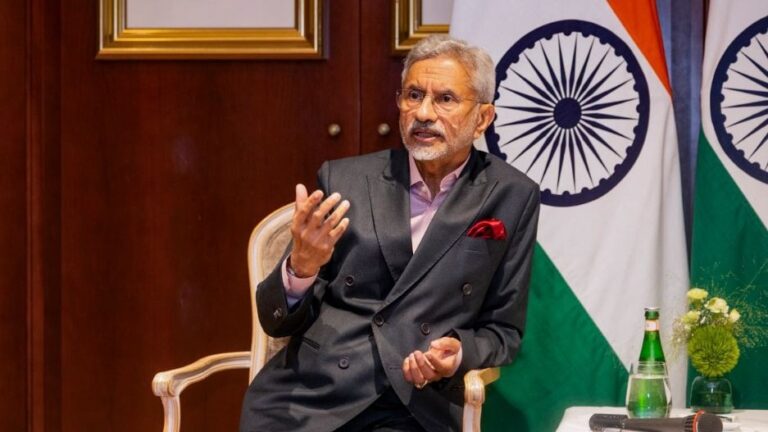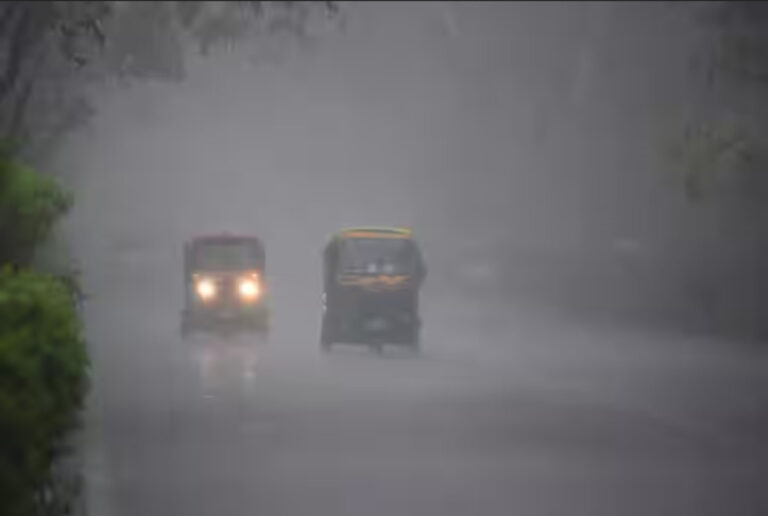A.R. Rahman Selects Dhee for Tamil ‘Muththa Mazhai,’ Sparking Fan Debate Over Chinmayi’s Roles
In the vibrant world of Indian cinema, music plays an indispensable role, often transcending cultural boundaries and resonating with audiences from diverse linguistic backgrounds. A hot topic of discussion in recent weeks has been the romantic track “Muththa Mazhai” from the highly anticipated Tamil film Thug Life, directed by acclaimed filmmaker Mani Ratnam and starring the legendary actor Kamal Haasan. This melodious number features the stunning compositions of A.R. Rahman, a maestro recognized for his unique ability to blend various musical influences into memorable soundtracks.
What adds an extra layer of intrigue to the track is the choice of singers for its various language versions. The Tamil rendition, “Muththa Mazhai,” was entrusted to the talented Dhee, while the seasoned vocalist Chinmayi Sripada provided her remarkable vocals in the Telugu version named “Muddu Vaana” and the Hindi adaptation titled “Ang Ang Morey.” This artistic choice has ignited curiosity among fans, especially given Chinmayi’s extensive experience in the industry and her previous collaborations with Rahman.
Dhee’s Unique Touch in “Muththa Mazhai”
Dhee is not a newcomer in the realm of Indian music; her distinctive vocal timbre and emotive singing sets her apart. The decision for Dhee to sing the Tamil version of “Muththa Mazhai” seems to be a conscious artistic choice aimed at creating a fresh sound that aligns with the modern, edgy aesthetic of Thug Life. A.R. Rahman, known for his meticulousness in choosing the right voices for his compositions, likely felt that Dhee’s vocal style would resonate deeply with the film’s narrative and its youthful audience.
- Unique Vocal Texture: Dhee’s voice has a contemporary flavor, ideal for today’s cinematic landscape.
- Past Collaborations: She is known for her work with composers like Santhosh Narayanan, showcasing her versatility.
- Engagement with Modern Themes: Dhee’s vocals for “Muththa Mazhai” align with the film’s thematic elements of romance and adventure.
Chinmayi’s Versatility and Fan Reactions
While the decision to assign different singers for each linguistic version might raise eyebrows, Chinmayi’s role in “Muththa Mazhai”—despite not being the main vocalist—is noteworthy. She performed the song live at the film’s audio launch, and her rendition was met with resounding applause. This live performance not only showcased her vocal prowess but also underscored her relevance in the industry, even amidst challenges like allegations of blacklisting following her activism during the #MeToo movement.
Reactions from Fans:
The reactions to Chinmayi’s live performance were overwhelmingly positive, with many fans expressing their desire to hear more of her music. Subsequently, a reprise version of “Muththa Mazhai” sung by Chinmayi was released, further solidifying her presence in this project.
Industry Dynamics: Artistic Choices and Collaborations
The music industry often comprises complex dynamics, and the decision to utilize different singers for various language adaptations can reflect artistic choices or marketing strategies. In the case of Thug Life, having Dhee for the Tamil version and Chinmayi for the Telugu and Hindi adaptations emphasizes the film’s aim to cater to a wide audience.
This creative decision aligns with the cinematic goal of resonating with diverse demographics, leveraging each singer’s strengths while enhancing the film’s musical tapestry. It’s a strategy aimed at engaging audiences and ensuring that each version of the song maintains its unique flavor while contributing to the overarching narrative of the film.
The Future of “Thug Life” and Its Musical Legacy
The upcoming release of Thug Life on June 5, 2025, is already generating buzz, with advance bookings nearing ₹10 crore. The film has captured the attention of fans who are eager to experience the musical richness that A.R. Rahman and his team have crafted.
With the intricate layering of voices and the unique styles of singers like Dhee and Chinmayi, “Muththa Mazhai” promises to be more than just a song; it could become an anthem for love and hope across languages. As audiences await the film’s release, the excitement surrounding its music highlights the essential role of collaboration in the arts.
In Conclusion: The musical landscape of Thug Life epitomizes the power of diverse voices, each bringing their experiences and emotions to the forefront. As music lovers anticipate this cinematic treat, the significance of both Dhee’s and Chinmayi’s contributions cannot be understated, ensuring that “Muththa Mazhai” will be remembered long after the credits roll.





